BY STATE
- Alabama
- Alaska
- Arizona
- Arkansas
- California
- Colorado
- Connecticut
- Delaware
- Florida
- Georgia
- Hawaii
- Idaho
- Illinois
- Indiana
- Iowa
- Kansas
- Kentucky
- Louisiana
- Maine
- Maryland
- Massachusetts
- Michigan
- Minnesota
- Mississippi
- Missouri
- Montana
- Nebraska
- Nevada
- New Hampshire
- New Jersey
- New Mexico
- New York
- North Carolina
- North Dakota
- Ohio
- Oklahoma
- Oregon
- Pennsylvania
- Rhode Island
- South Carolina
- South Dakota
- Tennessee
- Texas
- Utah
- Vermont
- Virginia
- Washington
- West Virginia
- Wisconsin
- Wyoming
Is a Firearm Bill of Sale Required by Law?
Although most states may not legally enforce it, it is considered a valuable measure. You will want proof of the transfer when selling or buying a gun in a private sale. The bill of sale is the perfect document to have on file as it indicates who took part in the transaction, how much the item was sold for (or what it was traded for), and the date on which the exchange transpired. This specific information could be of use in the event you ever have to demonstrate that you are the rightful owner or that you are no longer liable for the property. Remember that some states demand additional actions to sell or trade a firearm in a private sale. These actions may include performing a criminal background check, obtaining a license to purchase/own, and/or transferring the firearm through an FFL dealer.
How to Sell a Firearm / Gun Privately
Why not just sell your gun to an arms dealer? Well, when selling your firearm to a dealer, they will typically try to lowball you to make a profit on selling your used gun. The advantage of a private sale is that you could get top dollar for what the gun is worth. Whether you are looking to sell your gun because it is collecting dust in storage or you need some fast cash, we will go over the guidelines for selling your firearm safely and effectively. It may seem daunting considering all the legal implications that go along with selling a firearm, but as long as you follow the federal and state laws, you will protect yourself from any legal backlash.
Step 1 – Research your Local Gun Laws
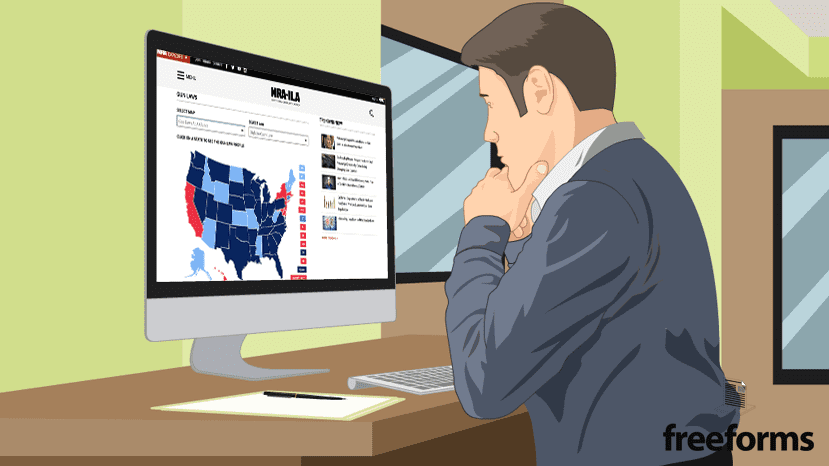
Whenever participating in the private sale of a firearm, you must execute due diligence and educate yourself on the rules and regulations of the state in which the sale is taking place. Different states have different laws concerning private sales, and it is up to you to research the requirements needed to make a legitimate sale. Visit nraila.org to search for the laws specific to your state. Here, you will find all the information you need about permits, background checks, registration, etc.
Step 2 – Prepare your Gun for Sale
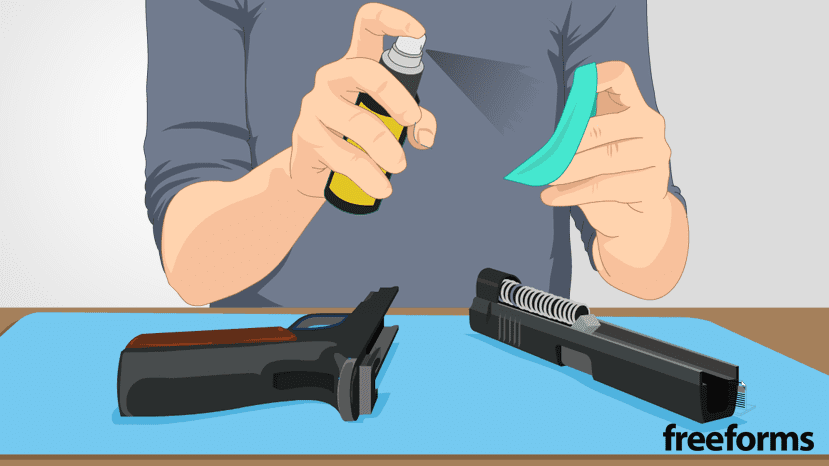
Now that you have decided to sell your firearm, you must prepare it for the marketplace. Start by ensuring the gun is emptied of all ammunition (unload the magazine and clear the chamber). Next, disassemble the gun for an in-depth cleaning (the cleaning process will differ from gun to gun). Lastly, you will want to lubricate all the necessary working parts with oil to ensure the gun is well-greased for firing.
Step 3 – What is the Firearm Worth?
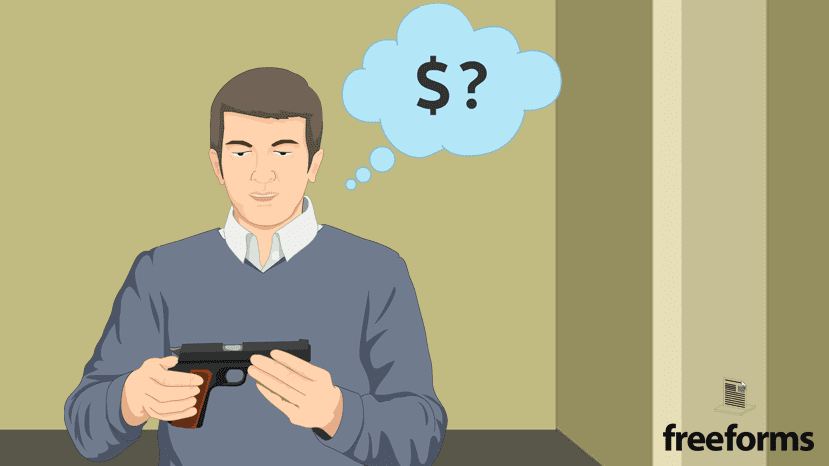
When selling a firearm, the first thing you must determine is the asking price. To do so, you must examine the current marketplace, comparing and contrasting similar firearms. Some elements that determine the value of a gun are:
- Manufacturer and Model
- Caliber
- Condition (poor, fair, good, very good, excellent)
- Uniqueness (Is the firearm a collector’s item or an antique?)
- History (Was the firearm owned by a famous individual or used in a historic event?)
- Local Market
Visit stores and search firearm websites to view the prices of comparable guns and get an idea of their worth. Also, some websites provide a tool that allows you to find a rough estimate of the value of your gun. The most popular are:
- BlueBookofGunValues.com – Enter the specific information about your firearm to calculate a value (there is a fee associated with using this website).
Step 4 – Marketing your Firearm
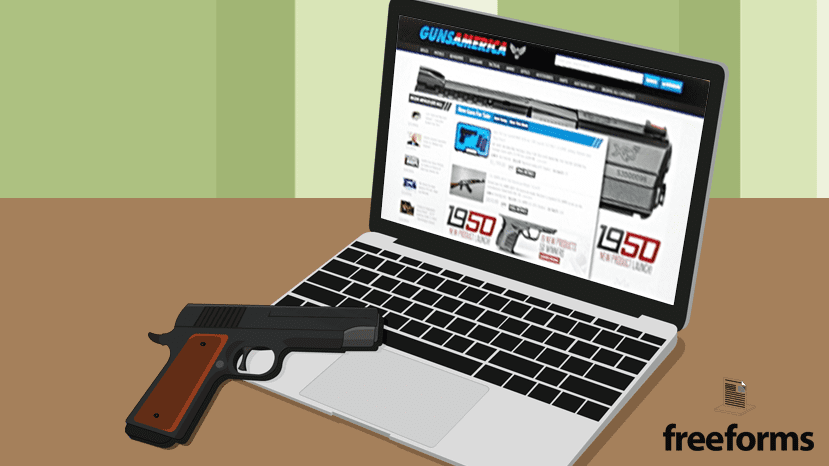
It is always best to sell a firearm to someone that you personally know, so if you have someone in mind that you think may be interested, you should approach them first. A good way to get the word out is to create a post on Facebook.com notifying any friends, family, or acquaintances that you have a firearm for sale.
If you do not know anyone who would like to buy your firearm, there are other options as well. There are several sites dedicated to the sale of firearms.
ArmsList.com – This is one of the top classified ad websites for selling used guns. Create an ad that will be viewed by local buyers.
Step 5 – Meeting with a Potential Buyer

It is important that the meeting is arranged in a safe, public location during the daytime. Some good locations would include:
- Shooting Range
- The parking lot of a well-known establishment during business hours (be sure to exercise common sense when showing the firearm).
- Within close proximity of a police department.
- An FFL dealer location (if legally required).
(Since you are meeting with a stranger, protecting yourself from theft or physical threat is important. Bring along a companion and carry a handgun if you have the legal right to do so.)
If the buyer is satisfied and would like to purchase the firearm, the parties may:
- Execute the bill of sale.
- Make sure they meet all state and federal requirements before the physical transfer.
- Exchange the property for the agreed-upon form of payment.
Gun Laws State-to-State
| State | Is Registration Required? | Is a Permit to Purchase Required? | Do I Need a License to Own? | Is a Permit to Carry a Concealed Handgun Required? |
| Alabama | No | No | No | Yes. Contact your local sheriff’s office to apply. |
| Alaska | No | No | No | No, but it is available for those who wish to acquire the additional benefits. |
| Arizona | No | No | No | No, but may be obtained if desired. |
| Arkansas | No | No | No | No, but interested parties have the option of applying online. |
| California | Yes, for firearms purchased out-of-state and certain types of assault rifles. | No, but all private transactions should be processed through an FFL dealer – in accordance with PEN § 26500 | No | Yes, contact your local sheriff’s or police department to find out more. |
| Colorado | No | No, but all private sales must incorporate a background check on the buyer, as stipulated in C.R.S. § 18-12-112. | No | Yes. Individuals should contact their local sheriff’s department if they are interested in procuring a CHP. |
| Connecticut | Yes, for specific types of assault rifles. | Yes, a “Certificate of Eligibility” is necessary to legally purchase a firearm within the state. | No | Yes. If interested in applying, get in touch with your local city/town hall, police department, or first selectman’s office to obtain the necessary paperwork. |
| Delaware | No | No | No | Yes, Delaware residents who meet the standards specified in § 1441 must achieve a CCDW license before lawfully carrying a concealed handgun. |
| Florida | No | No | No | Yes, you may apply online or at your nearest service location. |
| Georgia | No | No | No | Yes. You may either apply online or in person at local probate court. |
| Hawaii | Yes, according to H.R.S. §134-3. (Contact your local police department to inquire about the process.) | Yes, according to H.R.S. §134-2. Consult with your local county police department about the requirements needed to procure the license. | No | Yes. Licenses are only issued to applicants who can prove “just cause”. |
| Idaho | No | No | No | No, as long as the person is at least 21 years of age. The option is available to any eligible gun owner who would like to obtain the license. (Find out more by contacting your local sheriff’s office.) |
| Illinois | No | Yes. A FOID card is needed to purchase a firearm. Apply online or through the ISP’s hotline number – (217) 782-7980. | Yes, a FOID card functions as a license to own. | Yes, interested parties may apply through the state’s website or by calling (217) 782-7890 and dialing “0”. |
| Indiana | No | No | No | Yes. If you would like to acquire this license, apply online. |
| Iowa | No | Yes, for handguns only (contact your local sheriff’s office for more information). | No | Yes. Call or visit your county sheriff’s department for details on how to apply. |
| Kansas | No | No | No | No, but residents who are interested in acquiring a CCHL for the added benefits may apply through their local sheriff’s department. |
| Kentucky | No | No | No | Yes. Individuals who would like to gain this privilege may apply at their county sheriff’s office or through the KSP’s CCDW Portal. |
| Louisiana | No | No | No | Yes. Citizens that are interested in obtaining a CHP should contact their local police department to find out more about the application process. |
| Maine | No | No | No | No. If you are still interested in obtaining a permit, you must first see if the state police issue permits within your town. |
| Maryland | Yes | Yes, for handguns only. | No | Yes, contact the Maryland State Police Licensing Division for more info. |
| Massachusetts | No | Yes, an FID (Firearms Identification Card) is required to purchase. | Yes, an FID will also function as your license to own. | Yes. To receive an LTC (License to Carry), speak with your local police department to find out more about the application requirements. |
| Michigan | Yes, for pistols. | Yes, if buying a firearm in a private sale where the seller does not have an FFL or CPL. | No | Yes, all applications are processed through the County Clerk’s Office. |
| Minnesota | No | Yes, for handguns. | No | Yes. Inquire with your local sheriff’s office about the requirements necessary to apply. |
| Mississippi | No | No | No | No, but still can be acquired through the Firearm Permit Division if an individual desires. |
| Missouri | No | No | No | No. Contact your local sheriff’s office if you would still like to obtain this permit. |
| Montana | No | No | No | Yes, the application process is handled through your county sheriff’s office. |
| Nebraska | No | Yes, for handguns only. | No | Yes, applicants must apply in person to one of the Nebraska State Patrol Headquarters. |
| Nevada | No | No, but private sales do require a background check on the buyer. | No | Yes, residents may apply to the sheriff’s office located in their county. |
| New Hampshire | No | No | No | No, but is still accessible to those who would like to obtain the permit. Contact your local sheriff’s office for more details. |
| New Jersey | Yes, for handguns only. | Yes, a Firearms Purchaser ID Card and/or Handgun Purchase Permit is needed. | No | Yes, you may apply to your local police department. |
| New Mexico | No | No, but background checks are required for private sales. | No | Yes, must apply via mail to the New Mexico Department of Public Safety. |
| New York | Yes, New York State implements a filing system for all handgun acquisitions. | Yes, for handguns. | Yes, handguns require either a “License to Possess on Premises” or a “License to Possess/Carry During Employment”. | Yes, the department in charge of processing your application will depend on whether you live in Upstate New York or the city. |
| North Carolina | No | Yes, for handguns. | No | Yes, a permit may be achieved by submitting a request to your county sheriff’s office. |
| North Dakota | No | No | No | No. Residents may still apply for a Class 2 License if they wish to have a physical certificate. Class 1 Licenses are also available to those who would like to take advantage of the reciprocity honored by other states. |
| Ohio | No | No | No | Yes, communicate with your local sheriff’s office to find out how to apply. |
| Oklahoma | No | No | No | Yes, either apply online or send a completed Application to the OSBI Self-Defense Act Unit. |
| Oregon | No | No | No | Yes. Find out the steps that need to be taken to acquire a CHL by contacting your local sheriff’s office. |
| Pennsylvania | No, but a PICS check is required for all sales involving the purchase of a handgun. | No | No | Yes, you may appear in person to your county sheriff’s office in order to apply. |
| Rhode Island | No | Yes, a “blue card” is needed to purchase a handgun/pistol. | No | Yes, all applications are processed through the Rhode Island Attorney General’s Office. |
| South Carolina | No | No | No | Yes. Interested parties may apply online or by mail. |
| South Dakota | No | No | No | Yes. All pistol permits are distributed through the Secretary of State’s Office. |
| Tennessee | No | No | No | Yes. Residents may apply online or by visiting a nearby driver service location. |
| Texas | No | No | No | Yes. Citizens are given the option of applying online or in person at a driver license office. |
| Utah | No | No | No | Yes. Interested parties must apply to the Bureau of Criminal Identification. |
| Vermont | No | No, but private sales do require background checks upon transfer. | No | No. Vermont does not require any type of permit/license to carry a firearm openly or concealed, nor is there one available for reciprocity. |
| Virginia | No | No | No | Yes, contact your local circuit court for more info on the application process. |
| Washington | No, but FFL dealers must document all sales involving the purchase of a handgun to provide local & state authorities. | No, but individuals looking to buy a semi-automatic assault rifle must provide evidence that they passed a certified firearms training course within the past 5 years. | No | Yes. Contact your county’s local authorities for more details on how to apply. |
| West Virginia | No | No | No | No. If an individual would still like to obtain this license, they may reach out to their county sheriff’s office for assistance. |
| Wisconsin | No | No | No | Yes. To acquire this license, submit an application online or send physical copies of the requested paperwork to the Department of Justice. |
| Wyoming | No | No | No | No, but still accessible to those who wish to obtain a CFP (contact your county sheriff’s office for more information). |


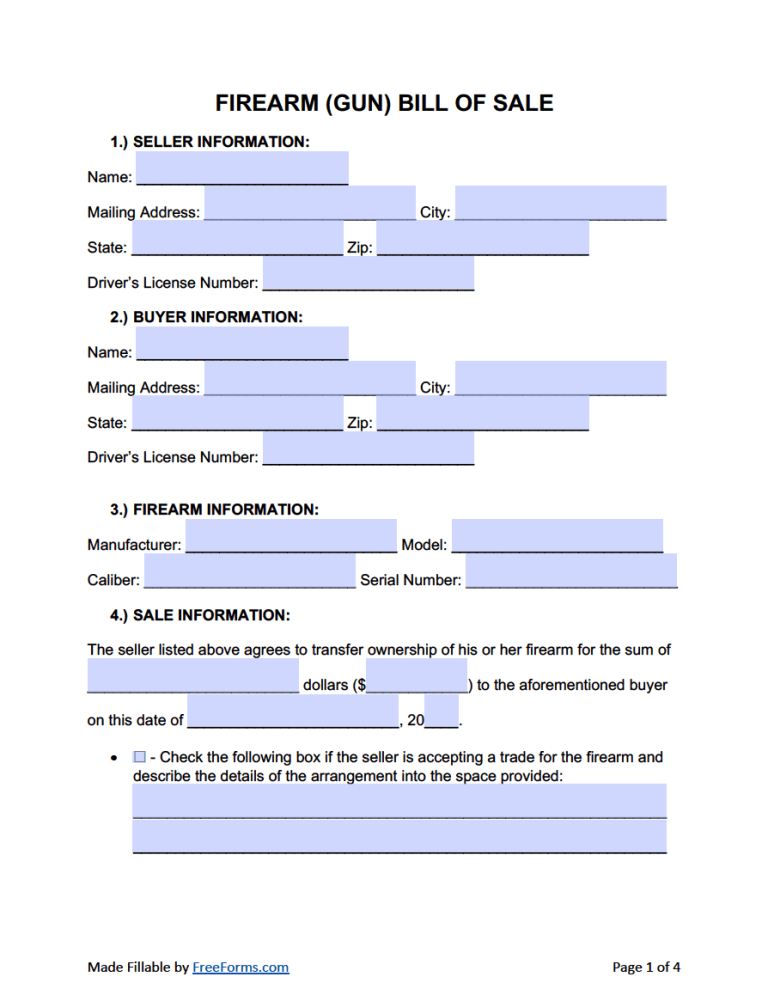
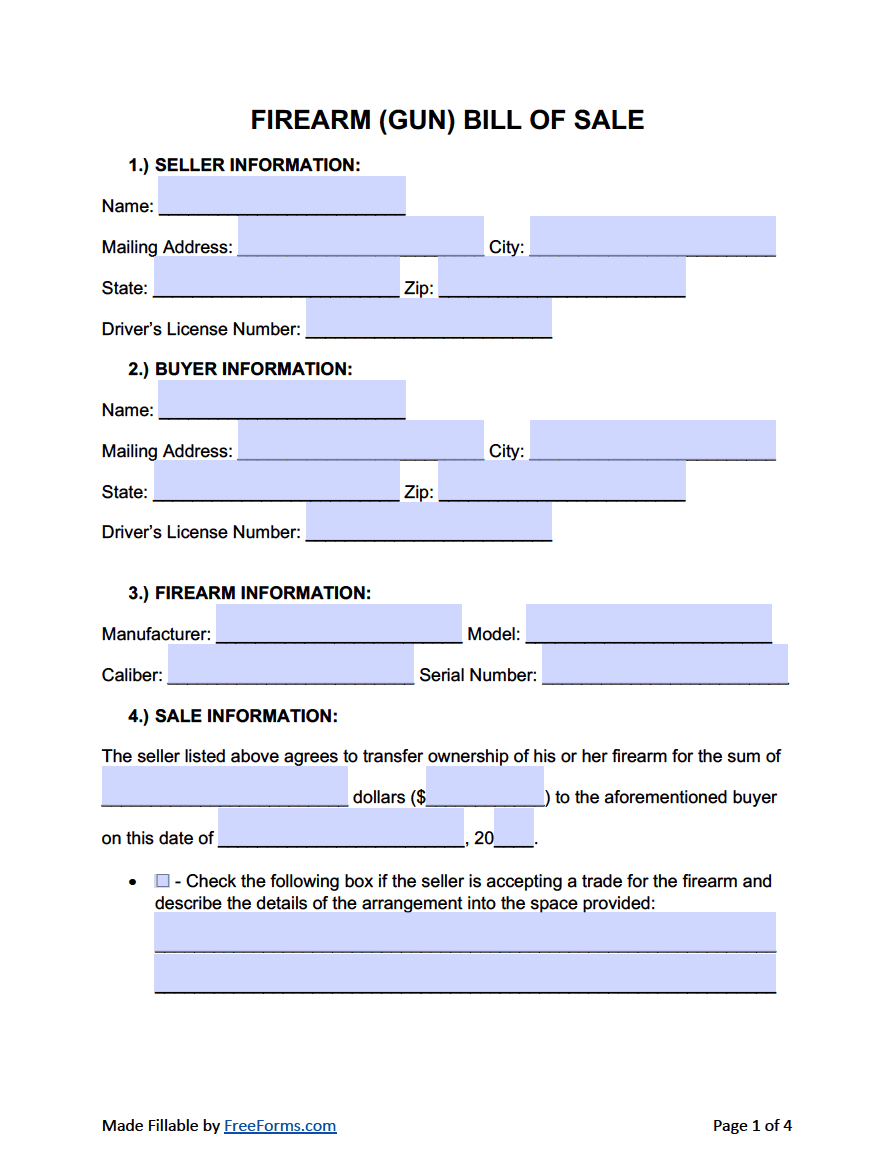
Comments